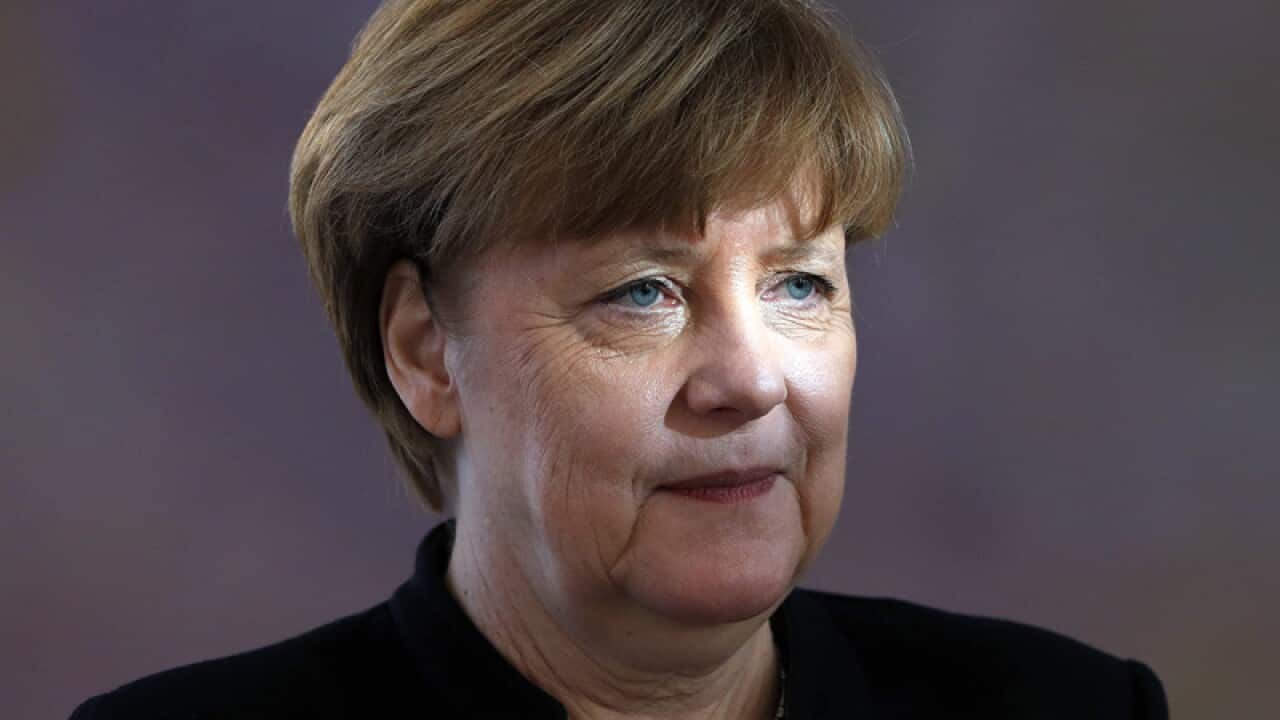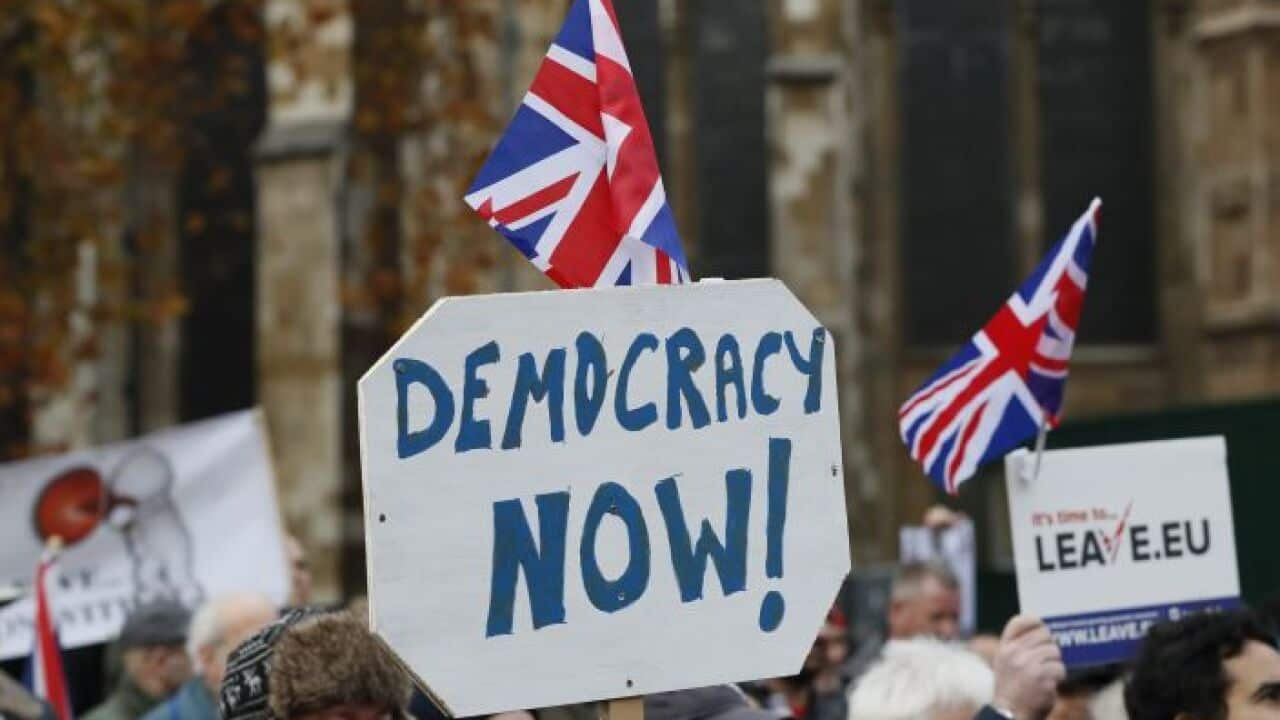European Union President Donald Tusk has branded the Trump administration's foreign policy a 'threat' to the 28 member political and economic union.
In a to 27 state leaders in the EU - excluding the UK which is soon expected to withdraw - Mr Tusk said the union faced unprecedented threats.
"The challenges currently facing the European Union are more dangerous than ever before in the time since the signature of the Treaty of Rome," Mr Tusk wrote.
A major threat was the 'new geopolitical situation' surrounding Europe, he said.
President Tusk listed an assertive China, Russia's aggression to its neighbours, "wars, terror and anarchy" in the Middle East and Africa, radical Islam and "worrying declarations by the new American administration" as key concerns.
"Particularly the change in Washington puts the European Union in a difficult situation; with the new administration seeming to put into question the last 70 years of American foreign policy," Tusk wrote.
US President Donald Trump has praised the UK's decision to leave the EU, blamed trade deals for unemployment and refused to criticise Russia, a key adversary of the EU and its partners.
Tusk said that the economic bloc should capitalise on America's change in trade strategy by intensifying own talks with trade partners.
"We should also firmly defend the international order based on the rule of law. We cannot surrender to those who want to weaken or invalidate the Transatlantic bond, without which global order and peace cannot survive," it read.
"We should remind our American friends of their own motto: United we stand, divided we fall."
European Council President Donald Tusk has called @realDonaldTrump an existential threat to Europe. pic.twitter.com/3cDFMsHIoW — SBS News (@SBSNews) January 31, 2017
President Tusk also singled out anti-EU, nationalist and increasingly xenophobic sentiment among the EU's own citizens as a risk.
"National egoism is also becoming an attractive alternative to integration," he wrote.
"The third threat is the state of mind of the pro-European elites. A decline of faith in political integration, submission to populist arguments as well as doubt in the fundamental values of liberal democracy are all increasingly visible."
Mr Tusk called for courage, determination and political solidarity - demanding European leaders defend the bloc against its critics.
"We must stand up very clearly for our dignity, the dignity of a united Europe - regardless of whether we are talking to Russia, China, the US or Turkey," it read.
"Let us show our European pride."
Related Reading:

'Europe will wake up in 2017', Le Pen says in Germany
The President called for "assertive and spectacular steps" that would inspire citizens and revive European aspirations.
He listed reinforcement of external borders, improved counter-terrorism processes, an increase in defence spending, stronger coordinated foreign policy and a focus on economic growth and social inclusion.
The European Union has been challenged by a series of rolling crises in the past decade, from the euro-zone monetary crisis to a wave of uncontrolled refugee migration and a spate of Islamist terror attacks.
The success of the UK referendum calling for the country to leave the European Union last year was the latest major shock.
"It must be made crystal clear that the disintegration of the European Union will not lead to the restoration of some mythical, full sovereignty of its member states, but to their real and factual dependence on the great superpowers: the United States, Russia and China," President Tusk wrote.
"Only together can we be fully independent."
This year will be a testing time for the 28 member bloc as it negotiates the UK's departure and faces potential turmoil in what has been branded a 'super election year'.
The Netherlands, France and Germany all have federal elections in 2017 - all three have seen a surge in far-right, euro-skeptic sentiment.













